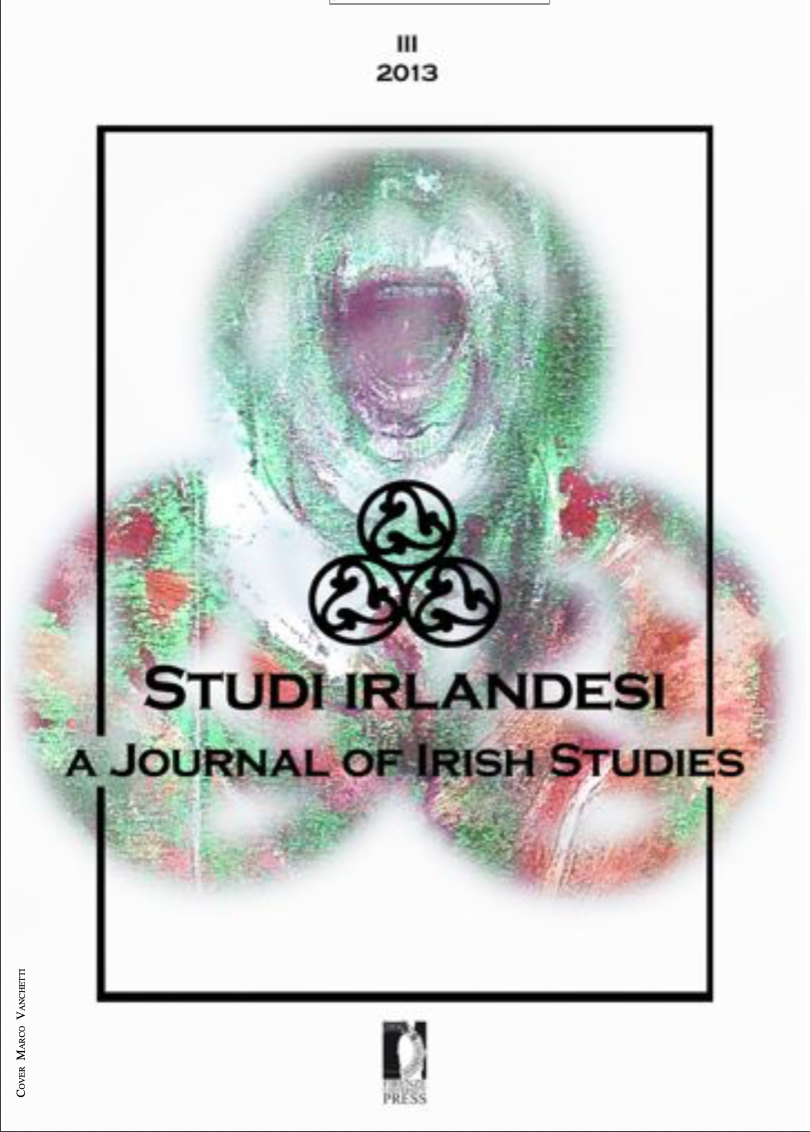Published 2013-12-30
How to Cite
Abstract
Ireland’s status as one of the most materialist states in Europe in the 1980s helped motivate the need for economic growth. Ireland’s export oriented policies emphasized foreign direct foreign investment. Thus, Irish growth in the 1990s was based on integrating the Irish economy in the world market to satisfy the demand for a higher quality of life even if this compromised Ireland’s long struggle for independence and autonomy. Ireland’s dependence on international markets became even clearer after the financial crash. The Irish government required a bailout from the European Central Bank and the International Monetary Fund to cover the huge debt exposure the Irish government had assumed after guaranteeing bank debt. Hence, materialism served to motivate the rise and fall of the Celtic Tiger.


